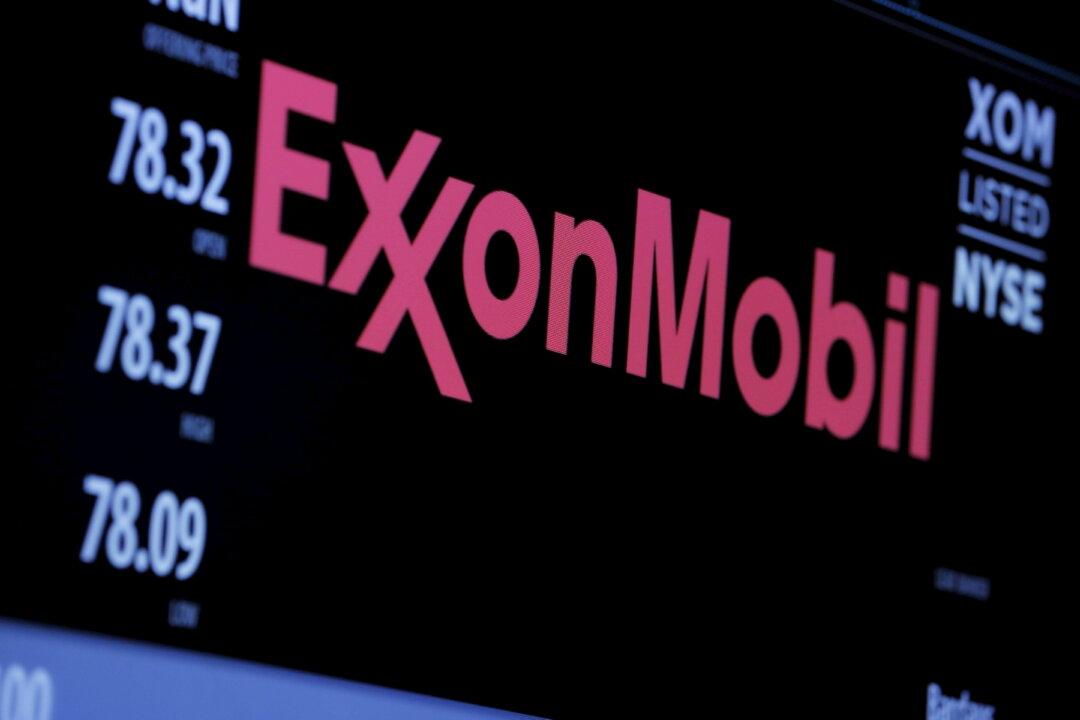Environmental, social, and corporate governance—better known as ESG—is the order of the day in big business.
According to its advocates, ESG rating provides investors with useful information on risks arising from climate change, pollution, and other environmental issues. Yet much of that information isn’t financially material.





